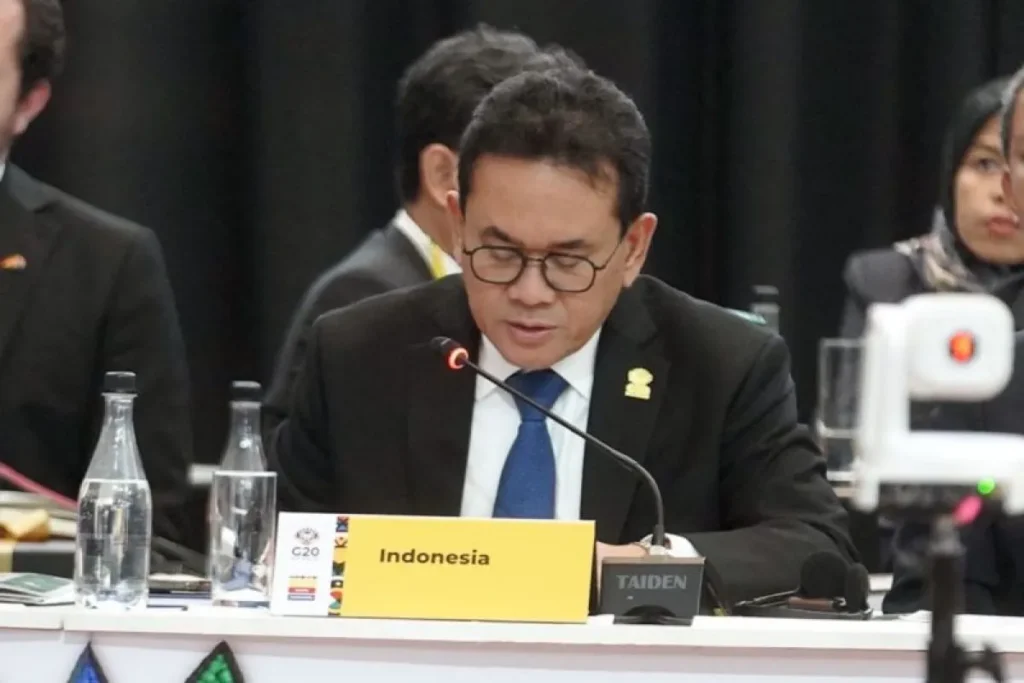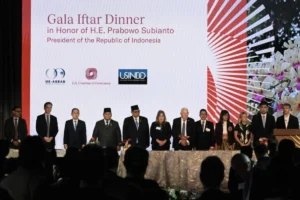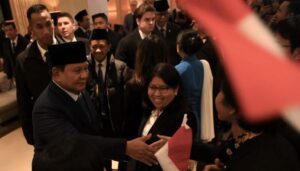Indonesia Urges Strong Political Will to Advance WTO Reform at G20 Trade Ministers’ Meeting

Jakarta, The Gulf Observer: Indonesia has called on countries to demonstrate firm political will in reforming the World Trade Organization (WTO) to ensure it remains true to its founding values and principles of fairness, inclusivity, and transparency in global trade.
Trade Minister Budi Santoso reaffirmed Indonesia’s commitment to advancing WTO reform during the G20 Trade and Investment Ministerial Meeting held in Gqeberha, South Africa, on October 10, according to an official statement released on Monday.
“Ministers must take steps toward finding common ground, restoring trust in the trade system, and advocating for the use of WTO mechanisms,” Santoso said, warning of the increasing global challenges to fair and rules-based trade.
He expressed Indonesia’s support for the appointment of Norwegian Ambassador to the WTO Petter Ølberg as facilitator for the reform process, emphasizing the importance of strengthening communication about the WTO’s achievements and relevance to the international community.
Santoso also urged countries to revisit the Preamble of the 1994 Marrakesh Agreement, which established the WTO, as a guiding principle for maintaining a fair multilateral trade system. “This shared commitment reflects global recognition of the vital role of trade in driving growth and development,” he stated.
Highlighting the urgency of reform, Santoso warned that rising unilateral measures have undermined the foundation of multilateralism, creating skepticism among some members and weakening trust in the WTO’s ability to address trade disputes effectively.
“Despite its flaws, I believe the WTO remains a vital global asset. We must help it navigate the ‘coral reefs’ toward a ‘safe harbor,’” he remarked.
G20 trade ministers at the meeting reaffirmed their collective commitment to advancing WTO reform in order to build a fair, inclusive, transparent, and sustainable multilateral trade system.
Santoso also called on G20 members to avoid using trade as a political instrument and to ensure that the development priorities of developing countries are taken into account in all trade agreements.


